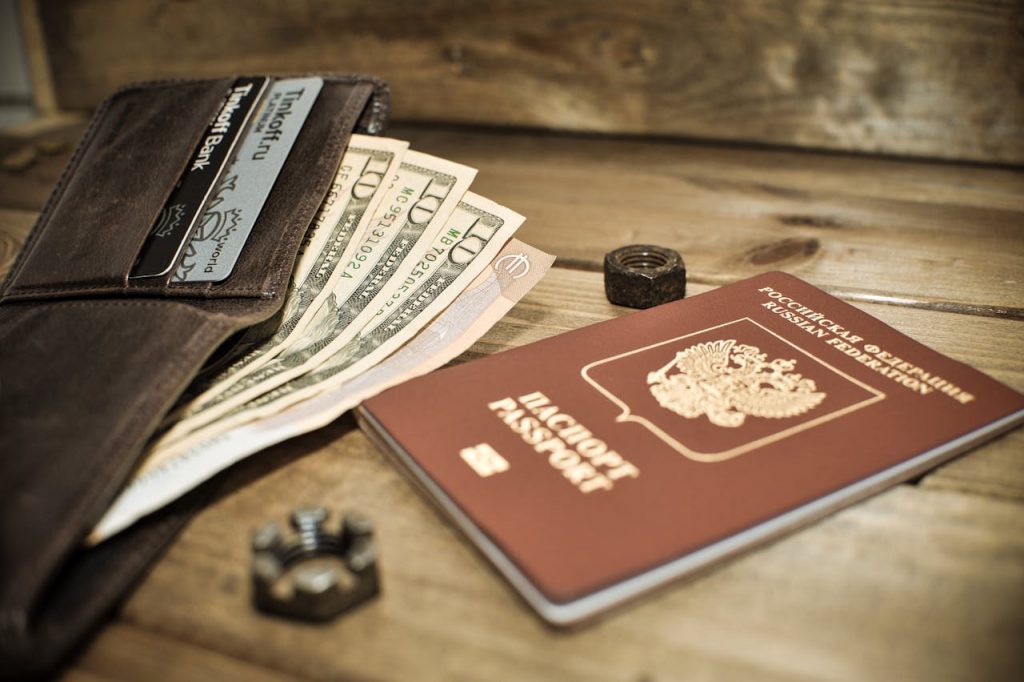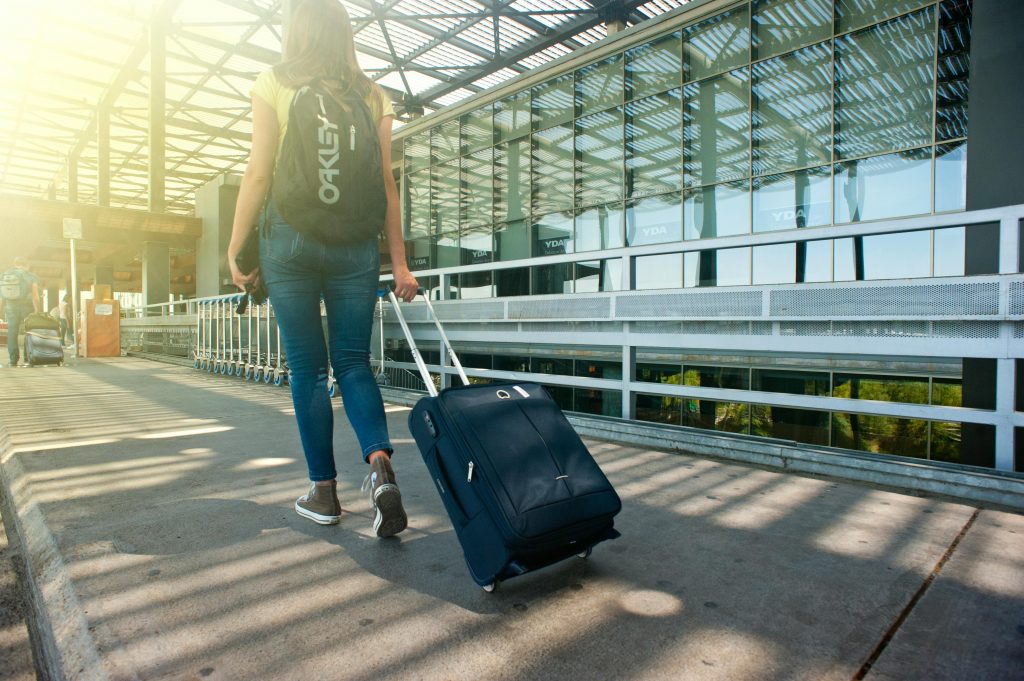
Some travelers plan months in advance—meticulously comparing flights, creating spreadsheets of options, setting price alerts, and syncing their calendars down to the hour. They value control, preparation, and the comfort of knowing everything is in place. On the other end of the spectrum are the spontaneous adventurers, the ones who book trips on a whim, sometimes just days—or even hours—before departure.
While conventional wisdom has long favored the planners, suggesting that early bookings always yield the best deals, travel trends are shifting. Flexibility is becoming a powerful advantage. In many cases, last-minute travel—once dismissed as a costly or risky choice—is proving to be a smart, strategic move for those who are ready to seize the moment and take advantage of dynamic pricing and real-time availability.
Far from being a financial gamble, spontaneous travel is now a practical and often rewarding approach for budget-conscious explorers.
The Myth of Early Booking
It’s long been believed that the earlier you book, the better the price. And in some cases, that holds true—especially around major holidays or peak travel periods. But outside of those high-demand windows, prices often fluctuate in ways that can benefit the patient.
Airlines and hotels operate on dynamic pricing models, adjusting costs in real time based on demand, cancellations, and availability. If rooms or seats haven’t filled as expected, they’re often discounted close to the travel date in an effort to recoup revenue.
This means travelers who are willing to pack up quickly can sometimes snag deals that others paid double for months in advance.
Travel platforms like Expedia are making it easier than ever to spot these last-minute opportunities. With filters for flexible dates and dedicated “last-minute deals” sections, the guesswork is removed from the equation.
Hotels Are Especially Flexible

Accommodation rates tend to drop significantly within 48–72 hours of check-in. Hotels don’t like empty rooms—unsold inventory is lost revenue—so they frequently offer lower rates as check-in time approaches.
Weekday business hotels often slash prices on weekends, while resort-style accommodations may drop midweek when leisure travel is low. In cities with high hotel density, the competition drives down prices even further.
For solo travelers or couples, these windows present a chance to stay in premium properties at mid-range prices, simply by waiting.
Tools like Expedia’s mobile app sometimes feature exclusive last-minute rates that aren’t listed on desktop platforms. These mobile-only offers are a great way to capitalize on short-notice decisions.
Flight Deals Still Require Strategy
Flights can be trickier. While some domestic routes do offer last-minute bargains, international fares tend to increase closer to the departure date. However, there are exceptions—particularly with budget carriers or when airlines suddenly release extra inventory due to cancellations.
Red-eye flights, midweek departures, or routes with stopovers are often cheaper at the last minute than popular weekend direct options. Flexibility is key—not just with dates, but with departure times and even destination airports.
If you’re planning a spontaneous getaway, browsing Expedia’s flexible date tools can help identify price drops within a 7-day window. These features are especially useful when your schedule is open but your budget is fixed.
Traveling Off-Season Boosts Your Odds

Last-minute travel works best when paired with off-season destinations. Think beach towns in early spring, ski resorts in late March, or cultural cities in the heat of summer. When demand is low, prices dip, and availability opens up.
Even tourist-heavy places like Paris or Bangkok offer quiet pockets of time when crowds thin and deals abound. Being open to less-obvious seasons often means your spontaneous travel ideas come with surprising comfort and charm.
Another benefit of booking through services like Expedia is the ability to bundle. When you’re arranging a trip on short notice, combining your flight and hotel can unlock additional savings without requiring hours of cross-checking prices.
Spontaneity with a Safety Net
For all its perks, last-minute travel does come with risk. There’s no guarantee your dream hotel will have rooms—or that your chosen flight will stay cheap. That’s where having a reliable platform becomes essential.
Look for services that offer free cancellation or flexible ticket changes. Some even let you freeze a price for a short time while you finalize plans. These buffers can make impulsive travel feel more secure and less stressful.
Final Thoughts
Spontaneous travel isn’t for everyone—but for those with flexibility, curiosity, and a sense of adventure, it might just be the smartest way to travel well for less. Whether it’s a weekend retreat or an unexpected vacation week, waiting until the last minute could unlock experiences you didn’t think were within reach.
And when you’re ready to act on that sudden urge to explore, Expedia has the tools to help you move fast—without paying a premium.
Last modified: September 1, 2025










